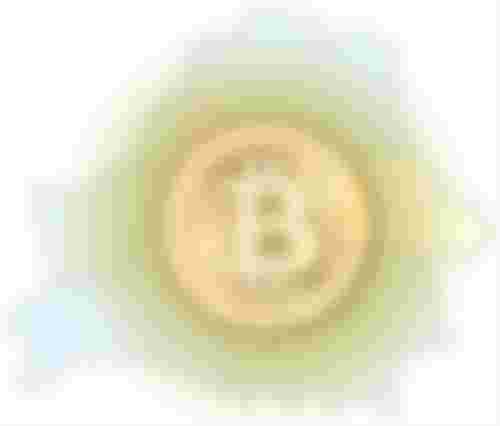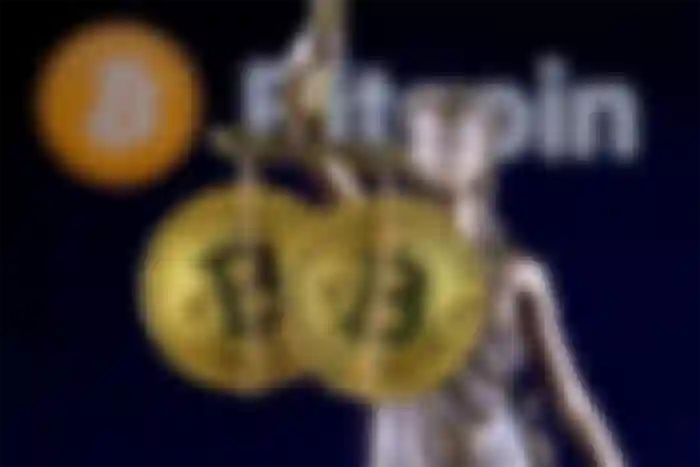
Belarus is a country of Eastern Europe which is sometimes called the lungs of Europe. Despite the confusing legislation and bureaucratic swamp, the country's authorities decided to top the list of countries with legalized cryptocurrency. December 21, 2017 The President of Belarus signed the law "On the Development of the Digital Economy" which legalized the purchase and sale of any cryptocurrency.
Belarus, along with other countries such as South Korea, Switzerland, Singapore, has legalized token circulation. But the main attractive factor for potential investors should have been the absence of taxes for any transactions in crypto. But is it really so?

The Belarusian authorities have promised to exempt all cryptocurrency holders from taxes until 2049. In fact, there has been a legalization of digital decentralized money. Citizens of the country can legally change, mine, buy and sell cryptocurrency. These steps do not require a tax return. At least officially. But in fact, an ordinary person may not pay taxes until January 1, 2023.
There was an idea that crypto millionaires would come to Belarus, they would become tax residents of the country, buy apartments here and would live in peace and do business
In the summer of 2020, the Belarusian National Bank announced an upcoming experiment. The plan was to allow local banks to create, host, buy and store cryptocurrency. It was planned to attract a lot of money from abroad. This is about the same as China's attempt to create and introduce its national cryptocurrency. By the way, many other countries are working on this. But the experiment is still in development.
In my opinion, this was due to the fact that the population does not have high incomes. A good solution in this situation would be to create a stablecoin. On the other hand, though, I see this as a way to control the flow of digital currency. Especially in a country with total control over all spheres of life of the population.

They did it, but not quite...

The Belarusian crypto-enthusiast managed to create a cryptocurrency with a funny name Bulbacoin (PotatoCoin). The name is funny because bulba is a potato in Belarusian. And Belarus, in turn, is a country that in the post-Soviet space is associated with potatoes.
It was possible to mine potato cryptocurrency on any device. For one block, about 5 coins were credited. The issue of BulbaCoin was limited to 8.4 million coins. Despite this, the developers set themselves Napoleonic plans. That is, they wanted to see their coin on the international market. But at the moment I consider the project to be extinguished. It has not spread.
A shovel and a vegetable garden continue to be an actual method of extracting potatoes (not coins). Joke:)

Despite the law, it is dangerous to buy cryptocurrency just like that.

In fact, anyone can easily purchase cryptocurrency. But this is according to the law. In fact, you can get problems for buying or selling any coin. The use of P2P services or foreign exchangers located outside Belarus is legal only formally. You will need to prove that your coins are not dirty. That is, you need to prove that you earned this money in an honest way.
The easiest and most legal way is to use Belarusian exchangers or exchanges. However, due to strict legislation, the choice is small. Crypto exchange FREE2EX is popular. The state applies the same requirement to it as to banks. This should probably inspire additional confidence, since your money will always be safe and protected by law. But not everything is as simple as it might seem at first glance.

Is it possible not to officially sell cryptocurrency in Belarus?

Officially, there are two categories of people who will not be able to officially buy cryptocurrency in Belarus. You see, not everything is as simple as it seemed at first glance. Despite the fact that the state has legalized cryptocurrencies, essentially allowing decentralization in the country. Decentralization means being able to manage your finances without the control of third parties. However, the state still wants to monitor and control the income of the population.
In this regard, if you do not verify your identity (KYC), you will not be able to officially buy or sell cryptocurrency. To access the auction, you must provide your passport, residence address and other information. Sounds like a bank, doesn't it? The activities of the crypto exchange are controlled by the tax authorities of the country, which means that at any time your income will be under control.
But the most interesting thing is that if you live in a country from the "black" list of Belarus, you will not be able to carry out operations with cryptocurrency either. It's funny. Legal crypto-exchanges in Belarus have a list of countries with which they do not deal. For example, the list includes Pakistan, Iran, the Virgin Islands, the United States and other countries. There are about 30 of them. Of course, if desired, users from these countries can access the Belarusian crypto exchanges through VPN. But this is nonsense.

Did the law on the legalization of cryptocurrency make Belarus the first cryptocurrency country?

If you put all the factors together, then the answer is obvious - no. The fact is that with one hand the state provides opportunities for the development of a decentralized environment and cryptography in the country. But at the same moment, the state restricts the possibilities of potential users with the second hand.
It turns out that in order to use all the possibilities of cryptocurrencies, you need to transfer your information to the tax authorities. And this in itself runs counter to the concept of decentralization. At least that's my opinion. In addition, potential crypto investors from other countries are not allowed to trade. Only with personal residence in the country. And this is very unprofitable.
At the moment, I did not dare to article the users of the official crypto exchange to take advantage of all the benefits of legalizing cryptocurrencies in the country.






